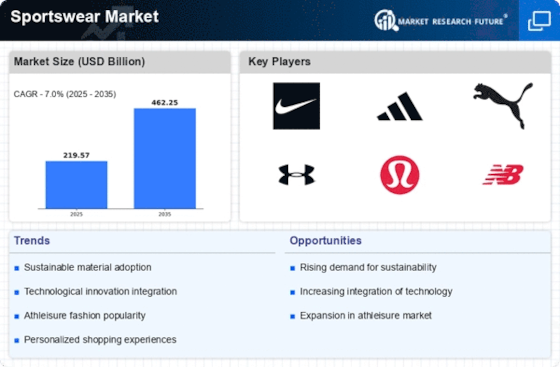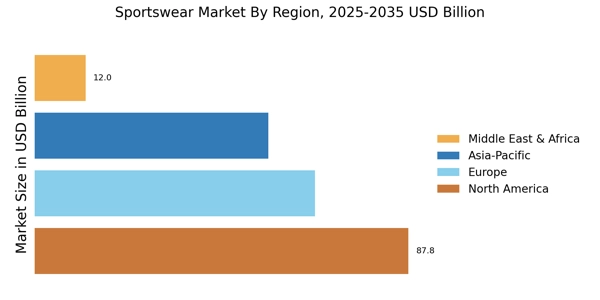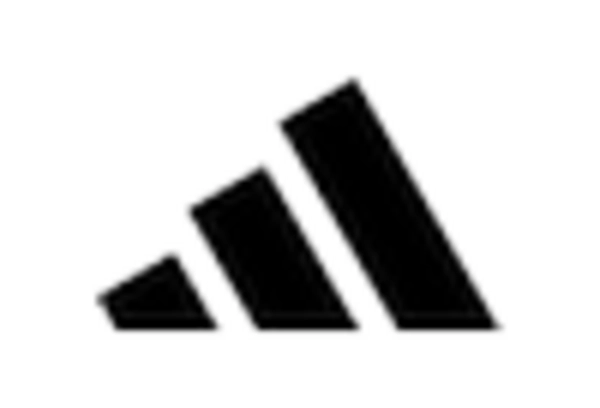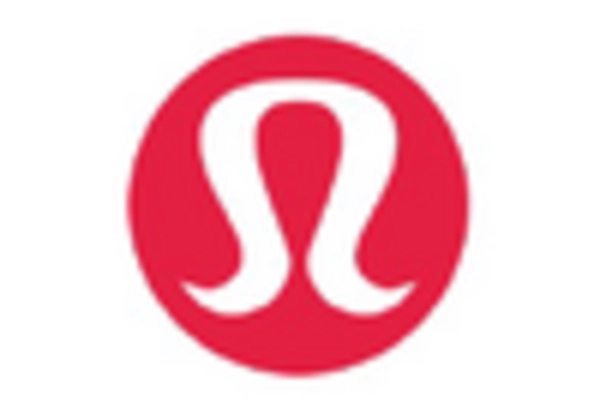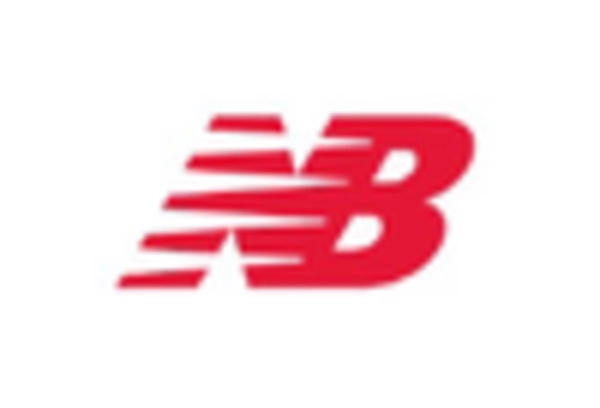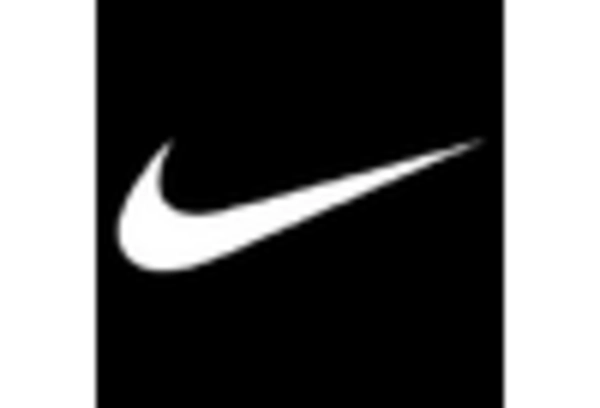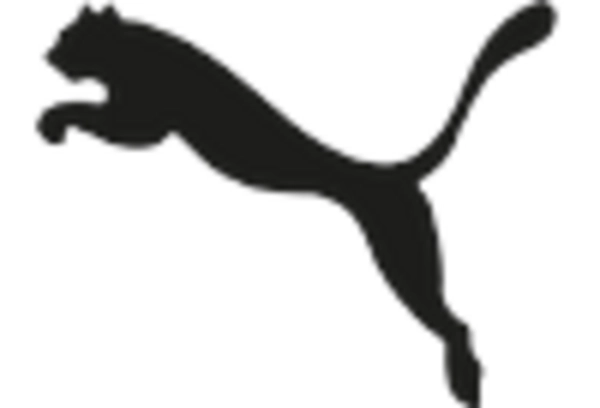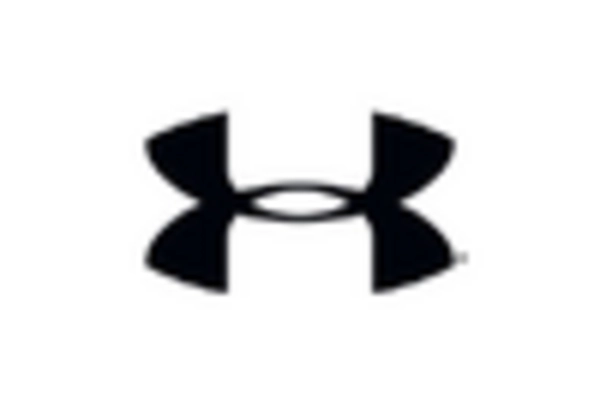E-commerce Expansion
The rapid expansion of e-commerce platforms is transforming the Sportswear Market. Consumers are increasingly turning to online shopping for convenience and a wider selection of products. This shift is evidenced by the significant growth in online sales, which have outpaced traditional retail channels. In recent years, e-commerce has accounted for a substantial portion of total sportswear sales, with projections suggesting that this trend will persist. Retailers are investing in digital marketing strategies and enhancing their online presence to capture this growing segment. As a result, the Sportswear Market is likely to benefit from the ongoing evolution of consumer shopping habits.
Increased Health Awareness
The growing emphasis on health and fitness among consumers appears to be a primary driver of the Sportswear Market. As individuals become more health-conscious, they are increasingly investing in sportswear that supports their active lifestyles. This trend is reflected in the rising participation rates in fitness activities, with a notable increase in gym memberships and outdoor sports engagement. According to recent data, the fitness industry has seen a surge in revenue, indicating a robust demand for sportswear. This heightened awareness of health and wellness is likely to continue influencing consumer purchasing decisions, leading to sustained growth in the Sportswear Market.
Technological Advancements in Fabric
Innovations in fabric technology are playing a crucial role in shaping the Sportswear Market. The development of moisture-wicking, breathable, and lightweight materials enhances the performance and comfort of sportswear, appealing to a wide range of consumers. These advancements not only improve the functionality of sportswear but also contribute to the aesthetic appeal of products. As brands continue to invest in research and development, the introduction of smart textiles and wearable technology is expected to further revolutionize the market. This focus on technological integration is likely to drive consumer interest and demand within the Sportswear Market.
Sustainability and Ethical Consumerism
The rising demand for sustainable and ethically produced sportswear is becoming a significant driver in the Sportswear Market. Consumers are increasingly prioritizing brands that demonstrate a commitment to environmental responsibility and ethical labor practices. This shift is reflected in the growing popularity of eco-friendly materials and production processes. Market data indicates that a substantial segment of consumers is willing to pay a premium for sustainable products, suggesting a potential for brands to differentiate themselves in a competitive landscape. As awareness of environmental issues continues to rise, the Sportswear Market is likely to see an increase in demand for sustainable options.
Influence of Social Media and Celebrity Endorsements
The impact of social media and celebrity endorsements on consumer behavior is increasingly evident in the Sportswear Market. Influencers and athletes play a pivotal role in shaping trends and driving brand awareness. Their endorsements often lead to increased visibility and desirability of specific sportswear products. Data suggests that brands leveraging social media platforms experience higher engagement rates and sales conversions. As consumers seek authenticity and relatability, the influence of social media personalities is likely to continue growing, thereby propelling the Sportswear Market forward. This dynamic relationship between social media and consumer preferences is a key driver of market growth.


